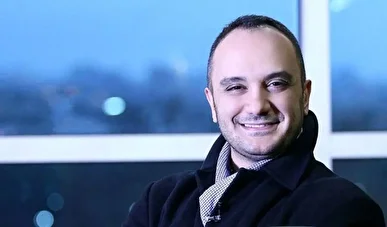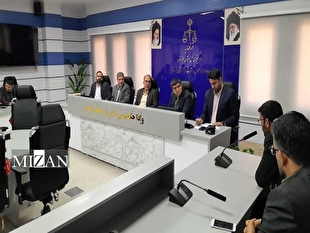US will sell F-35 warplanes to Saudi Arabia, Trump says
US will sell F-35 warplanes to Saudi Arabia, Trump says

The US will sell F-35 warplanes to Saudi Arabia, President Donald Trump has said, signalling a big arms deal with the kingdom ahead of Crown Prince Mohammed bin Salman’s visit to Washington on Tuesday.
“I am planning on doing that. They want to buy. They have been a great ally,” Trump said on Monday when asked about reports of the sale.
“We will be selling F-35s,” he said.
The US and Saudi Arabia announced $142bn in defence sales when Trump visited the kingdom in May. At the time, Middle East Eye revealed that F-35s, stealthy fifth-generation fighter jets, were part of the prospective agreement. Reuters reported earlier this month that the sale could include up to 48 F-35s.
In going ahead with the sale, Trump is overcoming the objections of two separate groups.
Israel opposes the sale of F-35s. Some hoped that the sale of the US’s most sophisticated warplanes would be used as leverage to entice Riyadh into establishing relations with Israel.
Before Trump visited the kingdom in May, Saudi Arabia had pre-negotiated the talking points to make sure normalisation was not on the agenda, MEE was the first to reveal.
Despite a fragile ceasefire holding in Gaza now, and Trump’s claim that Riyadh will normalise ties with Israel before the year’s end, western and Arab diplomats tell MEE that Saudi Arabia is just as reluctant to return to those discussions.
What kind of F-35 will Saudi Arabia be allowed to buy?
One of the successes of the crown prince's visit has been the kingdom’s ability to disentangle bilateral deals with the US from Israel, experts say.
Richard Aboulafia, an aerospace expert at Aerodynamic Advisory, previously told MEE that if the deal went through, Saudi Arabia wouldn’t start getting deliveries until three or four years from now, as they would be behind several European countries that have already placed orders.
Aboulalafia said concerns about maintaining Israel’s qualitative edge have been a perennial issue in warplane sales to Saudi Arabia, but could be overcome.
In the 1990s, the US sold the kingdom F-15S strike eagle warplanes with downgraded radars and inferior electronics countermeasures, in part to appease pro-Israel lobbying groups.
“The Israelis will be a little concerned, but usually, that is addressed because Israel gets technological rights to enhance their stuff, that the Saudis do not get,” Aboulalafia said.
“The F-35 is also, to a far greater extent than any other aircraft, vulnerable to a kill switch,” he added, meaning that the US can remotely disable the warplanes.
Trump sidelines China hawks?
The second group Trump is brushing aside is potentially more sensitive. Some US officials in the defence and intelligence community oppose the sale, saying China could gain access to the sensitive technology behind the US’s most sophisticated warplane.
China is the top buyer of Saudi Arabia’s oil.
In December 2021, the Wall Street Journal reported that Saudi Arabia had imported sensitive missile technology from the Chinese military to advance its domestic ballistic missile manufacturing. The Chinese tech company Huawei is also heavily involved in Saudi Arabia’s rollout of 5G and telecommunications investments.
Experts say that the US can limit the degree of advanced technology included in the sale of F-35s to the kingdom, but Saudi Arabia is likely to drive a hard bargain.
At a time when western Europe and the US’s Asian allies are cash-strapped, Saudi Arabia is one of the world’s few major economies that has the cash at hand, despite stretched budgets, to splash big.
Mohammed bin Salman: A discerning customer
While Crown Prince Mohammed bin Salman is still looking to purchase US products, experts say the kingdom has become much more discerning and is demanding the best for its money.
The kingdom is undergoing an economic transformation plan to reduce its reliance on oil revenue. Saudi Arabia wants to build out a tourism sector, a critical minerals industry, and a civilian nuclear programme. But lower oil prices have impacted its budget, and the kingdom has had to reassess some of its more grandiose ambitions.
For example, Saudi Arabia is continuing to radically scale back plans for The Line, the 170km-long linear city that forms the centrepiece of the futuristic Neom mega-project.
Just before the crown prince’s visit, Saudi Arabia’s sovereign wealth fund unloaded shares of nine US-listed stocks, accelerating a trend that has seen it draw down stakes in big-name American companies.
The wealth fund sold hundreds of thousands of shares of US publicly traded companies, including Cummins, Linde, and Avery Dimension, according to its third-quarter results. The sales come after the kingdom slimmed down its holdings of Meta, PayPal and FedEx.












